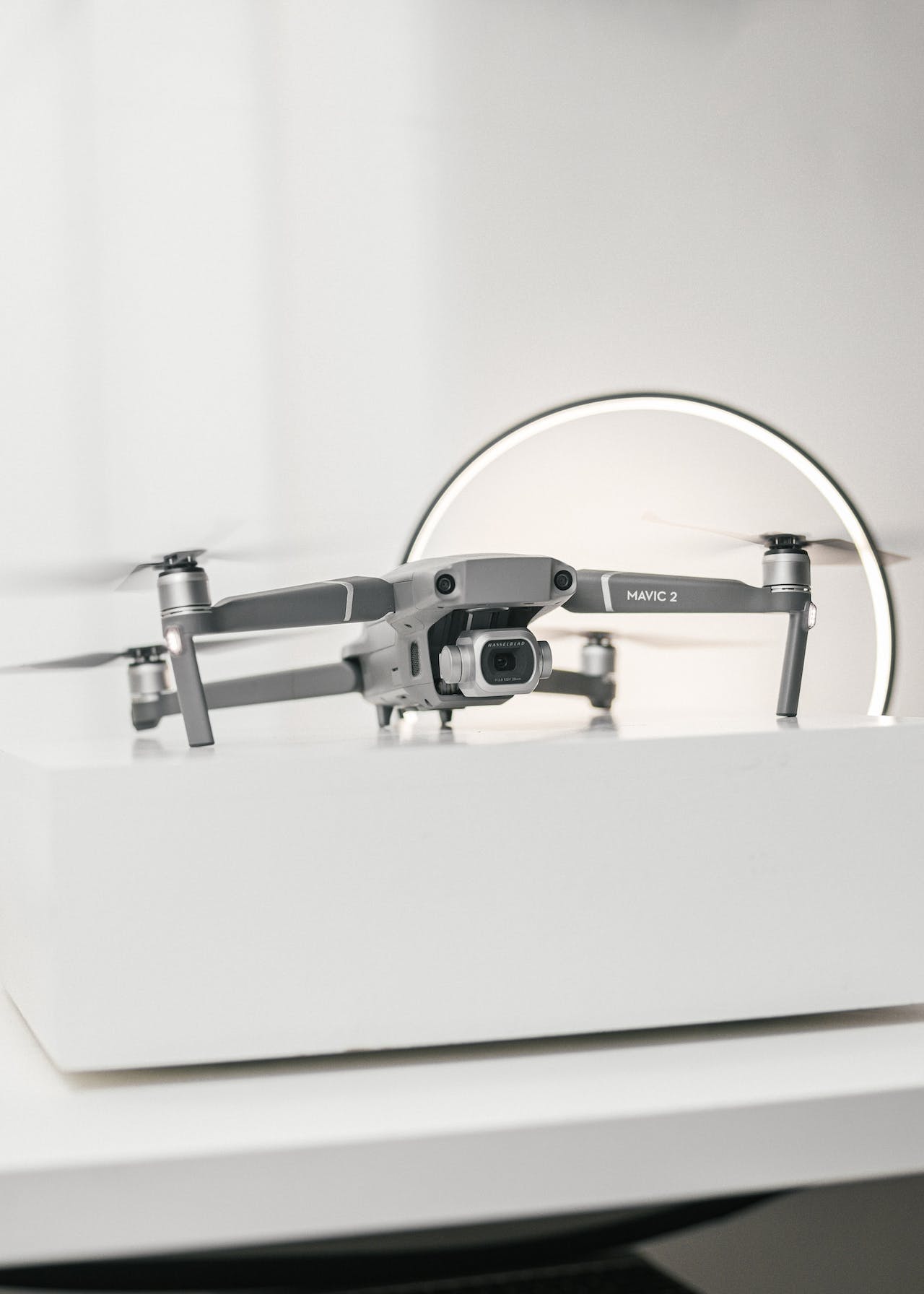
Invisible space bubbles over the Great Pyramids of Giza have been detected by high-tech radar based in Hainan by Chinese observers.
The space bubbles have provided data for the scientists who aim to prevent satellite launching or other interruptions by this phenomenon, the New York Post reported.
Last month, the researchers in China published their findings after studying the floating bubbles with 9,500kms of breadth.
IFL Science has described the bubbles, also known as “equatorial plasma bubbles” (EPBs), as superheated gas pockets found in low altitude regions near the equator line, such as Egypt.
They are also calling them a form of space weather and they emerge when there is a loss of charged particles in a layer of the sky called the ionosphere, as per Interesting Engineering.
The Chinese Academy of Sciences reported that the bubbles should be treated and observed as a space weather phenomenon.
The authors of the Chinese Academy of Sciences also wrote in the report that detection technology of space weather is emerging but it requires greater investments.
The low-altitude radar for detecting such phenomenon in Hainan, China can be faced with obstacles by the vast oceans. However, this can be overcome by placing such radars globally to gain EPBs.



